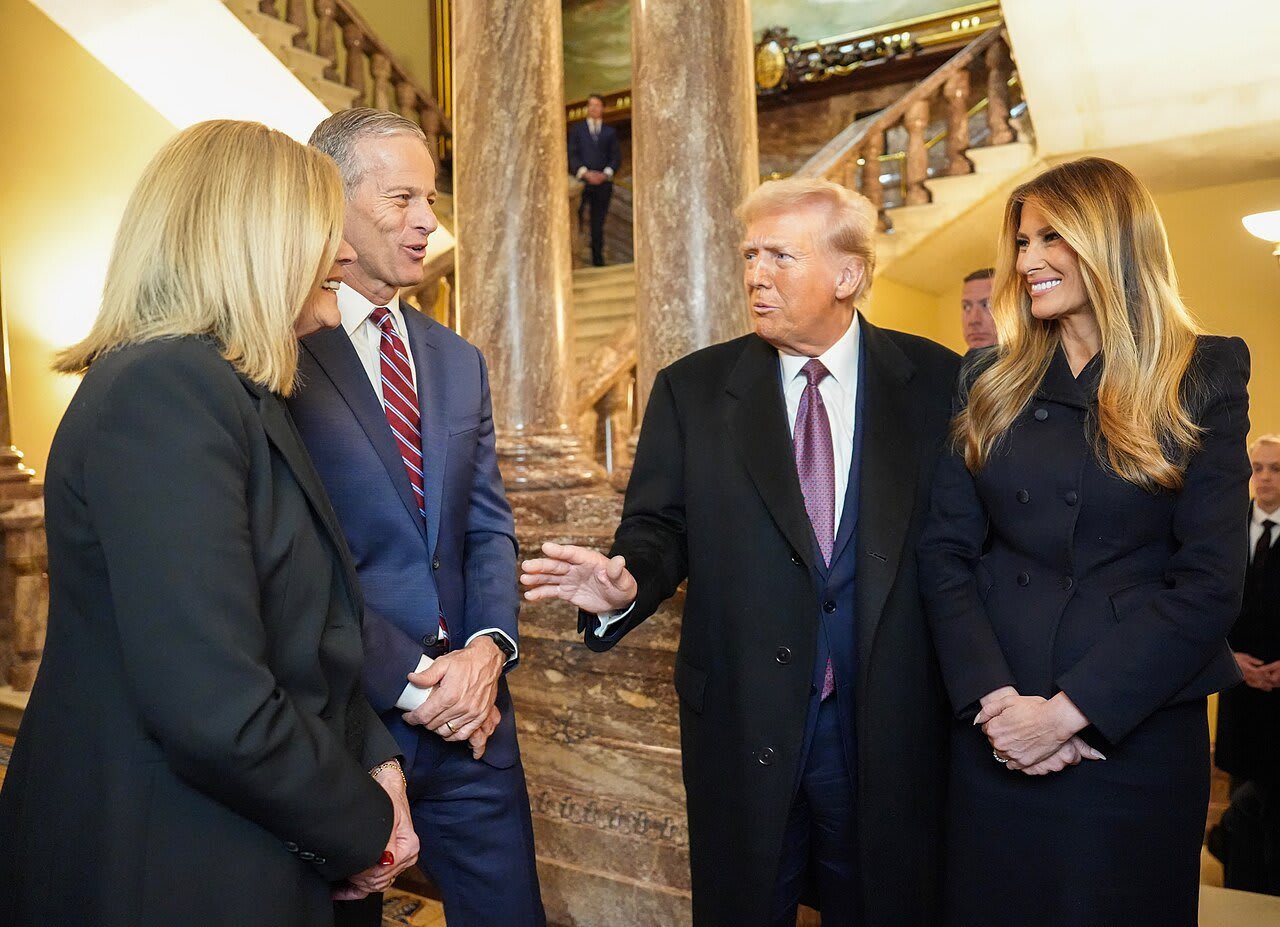
The Impact of Climate Policy Cuts on Disaster Response
The recent deadly flooding in central Texas, triggered by heavy rainfall, has sparked renewed debate about the role of government policies in disaster preparedness and climate research. This tragedy has drawn attention to the policies of former U.S. President Donald Trump, particularly his efforts to reduce funding and staffing at key climate research and monitoring agencies. These actions have raised concerns about the effectiveness of disaster response systems and the long-term implications for public safety.
Staffing Shortages and Their Consequences
Despite warnings issued by local National Weather Service (NWS) forecasters ahead of the flooding, which resulted in at least 82 deaths, including many children, there were reportedly vacant positions in critical roles. This has led to scrutiny of the Trump administration's decisions to cut budgets and fire staff at federal climate agencies. Critics argue that these actions have left vital services understaffed and less effective during times of crisis.
When asked if he believed the federal government should hire back terminated meteorologists following the Texas flooding, Trump denied the necessity, claiming that "very talented people" at NWS "didn't see" the disaster coming. However, meteorologist and climate journalist Eric Holthaus strongly disagreed, calling this statement an "absolute lie." He emphasized that the president's actions have made children less safe and that he is attempting to deflect blame for the damage caused.
Holthaus highlighted that staffing cuts have significantly impacted the National Oceanic and Atmospheric Administration's Environmental Modeling Center, which plays a crucial role in improving the accuracy of difficult forecasts. While it remains unclear how much these shortages affected the advance notice given to local officials, it is evident that the flooding was a complex and compounded tragedy, one that climate change is making increasingly frequent.
Budget Cuts and Political Motivations
The Trump administration's approach to climate research has been characterized by significant budget reductions. A recent budget document submitted to Congress called for zeroing out climate research funding for 2026, a move that officials had previously hinted at but now places in the hands of lawmakers. This has prompted scientists to limit their research activities in anticipation of further cuts.
Trump's efforts to freeze climate research spending and reduce the government's scientific workforce have raised alarms among climate scientists. Many believe that the consequences of these cuts are already being felt, with potential ripple effects over the coming years. The reduction in resources and personnel could hinder the ability of agencies like NOAA to provide accurate weather predictions and effective disaster response.
Long-Term Implications
Since the start of his second term, Trump has dismissed hundreds of scientists working on the National Climate Assessment, reduced NOAA's workforce, and halted climate disaster tracking. These actions have occurred alongside efforts to accelerate fossil fuel extraction and use, which contribute to extreme weather events. A veteran NOAA employee warned that such cuts could regress the agency to the technical and proficiency levels seen in the 1950s.
Environmentalist Stephen Barlow criticized the Trump administration for gutting scientific research into climate and atmospheric science for political reasons, especially when a better understanding is needed. He suggested that the tragedies resulting from these policies be referred to as "Trump events."
Aru Shiney-Ajay, executive director of the Sunrise Movement, echoed similar sentiments, stating that Republicans have fired meteorologists, cut emergency disaster aid, and provided an additional $18 billion to fossil fuel corporations exacerbating the crisis. She emphasized that the deaths caused by the flooding are directly linked to Trump's policies.
Conclusion
The Texas flooding serves as a stark reminder of the importance of robust climate research and disaster preparedness. The policies implemented by the Trump administration have not only undermined these critical areas but also put lives at risk. As the nation grapples with the aftermath of this tragedy, it is essential to reevaluate the role of government in addressing climate change and ensuring public safety. The lessons learned from this event should inform future policies and prioritize the well-being of communities across the country.
Post a Comment